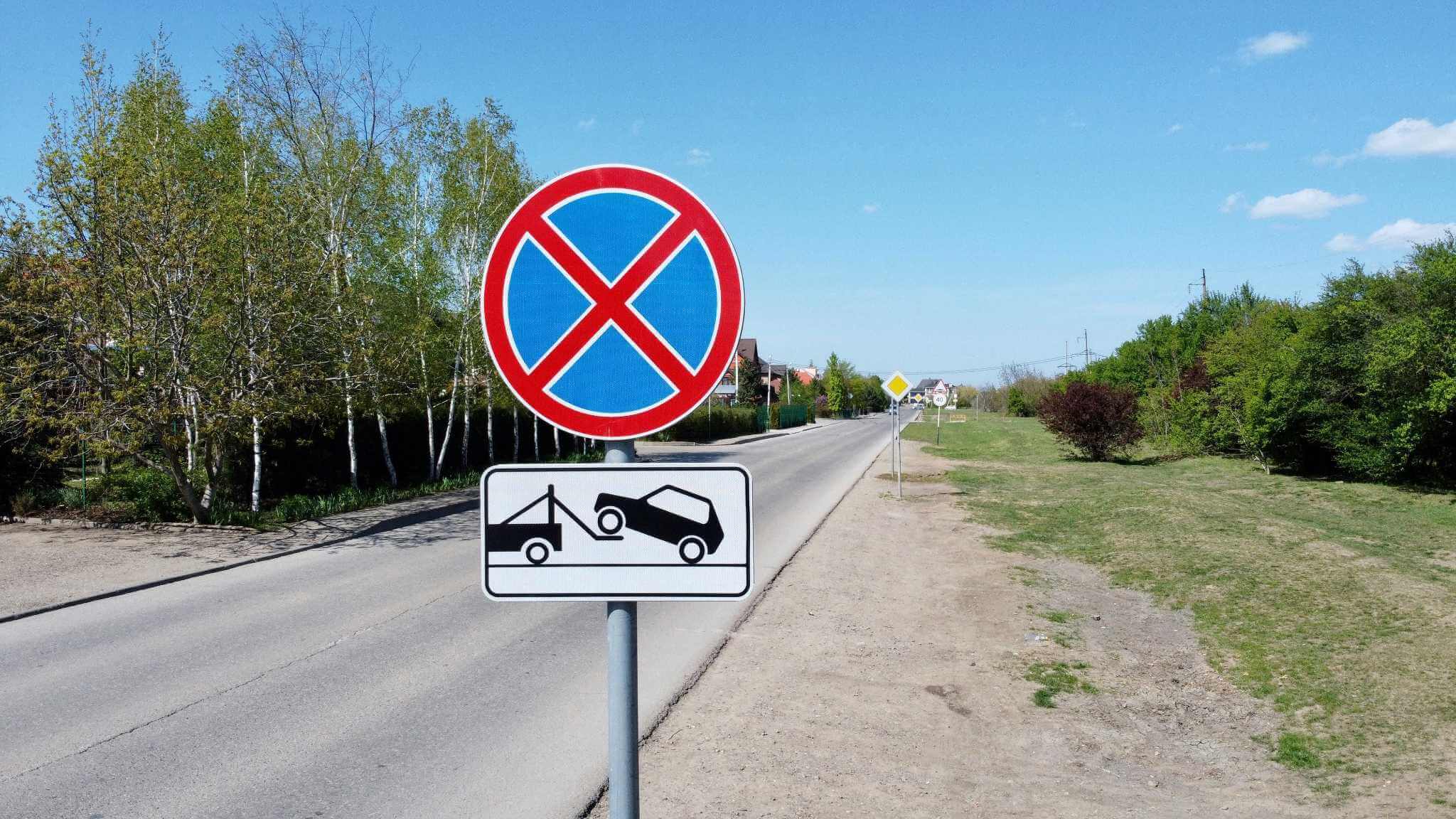Driving Rules and Road Etiquette in Albania – What Tourists Need to Know (2025)

If you're planning a road trip in Albania or simply renting a car for a few days, it's essential to understand the country's driving rules and local road etiquette. While Albania offers stunning coastal routes and scenic mountain roads, the driving style can be different from what you're used to. Here’s everything you need to know before getting behind the wheel in Albania in 2025.
1. General Driving Rules
Albania drives on the right side of the road, just like most of mainland Europe. The driver sits on the left side of the car. You must carry a valid driver’s license at all times, along with your rental agreement and insurance documents.
Speed Limits
- Urban areas: 40 km/h
- Rural roads: 80 km/h
- Highways: 110 km/h
Tip: Always look for signs – speed limits can change frequently, especially when entering towns or construction zones.
2. Required Documents
To legally drive in Albania, you need the following:
- Valid national or international driving license
- Rental agreement from a licensed car rental agency
- Proof of insurance (third-party insurance is mandatory)
3. Seatbelts and Mobile Phone Use
Seatbelts are mandatory for all passengers. Failure to wear one can result in a fine. Using a mobile phone while driving is strictly prohibited unless you have a hands-free device.
Penalty for using a phone while driving: €25–€100
4. Alcohol Limit and DUI Laws
Albania has a very strict alcohol policy for drivers. The legal blood alcohol limit is:
- 0.01% for professional and new drivers
- 0.05% for regular drivers
Warning: Police frequently perform roadside checks. It’s safest to avoid alcohol completely if you plan to drive.
5. Parking in Cities
Parking in Albanian cities can be tricky, especially in Tirana and Saranda during summer. You’ll find:
- Blue lines: Paid parking (often by kiosk or app)
- White lines: Free parking (if available)
- No lines: Avoid parking unless signage allows it
Illegally parked cars may be towed or clamped, so always look for signs before leaving your car.
6. Local Driving Etiquette
Albanian drivers can be assertive. Don’t be surprised by:
- Frequent use of the horn (it’s not always rude!)
- Vehicles overtaking on tight roads
- Motorbikes weaving through traffic
Tip: Stay calm, drive defensively, and don’t assume other drivers will always follow the rules.
7. Road Conditions and Hazards
Road quality has improved in recent years, especially on major highways and tourist routes. However, some rural or mountain roads may still have:
- Potholes
- No guardrails
- Loose gravel or unpaved sections
Recommendation: If you're planning to explore mountainous regions or less-traveled areas, consider renting a 4x4 vehicle.
8. Emergency Numbers
If you run into trouble, here are the key emergency numbers:
- Police: 129
- Fire Department: 128
- Ambulance: 127
- Roadside Assistance: Ask your rental company for local contacts
Conclusion
Driving in Albania can be a fantastic way to explore the country’s natural beauty and cultural highlights, but it’s important to be informed. Understanding local rules, being cautious, and respecting road etiquette will help ensure a safe and enjoyable journey. So buckle up, drive smart, and enjoy the ride!
